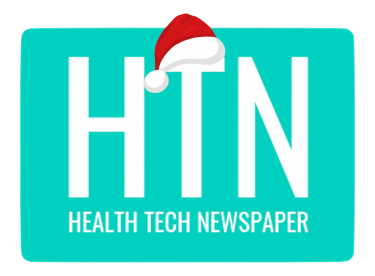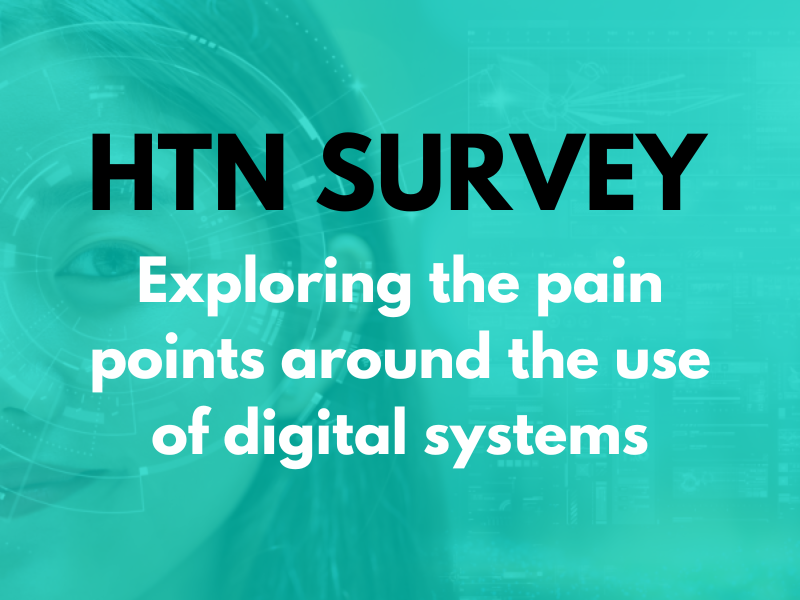A new study has launched at Great Ormond Street Hospital to research the potential of using artificial intelligence (AI) to identify fractures in children and to develop an AI tool to help.
The study is supported by nearly £1 million in funding as part of a National Institute for Health and Care Research Advanced Fellowship. Dr Susan Shelmerdine, a consultant paediatric radiologist at Great Ormond Street Hospital, will lead the programme over the next five years.
The project aims to provide research into the area and form a database of images to be used in developing a computer programme, which will help emergency doctors and nurses across the country to better identify fractures in children.
Great Ormond Street Hospital noted that half of all children will sustain a fracture at some point in their childhood, commenting: “Almost all of these will require an X-ray to diagnose and help guide further treatment, but these injuries can be hard to spot. This is particularly the case in children, where growing bones can look like fractures on X-ray images and subtle fractures (common in many children) can appear different to those seen in adults.”
For the first year of the research programme Dr Shelmerdine will work closely with members of the GOSH Young Persons Advisory Group and the GOSH Parent and Carer Advisory Group to include patient views and to design a nation public survey. This aims to understand how children and their caregivers feel about using artificial intelligence as part of their diagnosis and the best way to introduce it as part of routine care.
Dr Shelmerdine said: “Paediatric radiologists have expert knowledge to spot fractures in children quickly and accurately, but not all hospitals will have these sorts of specialists. I’m hoping that my research will bring that expertise to every hospital in the country, meaning all children will have access to the best care.”
A short overview video has been released to provide an overview of the project:





